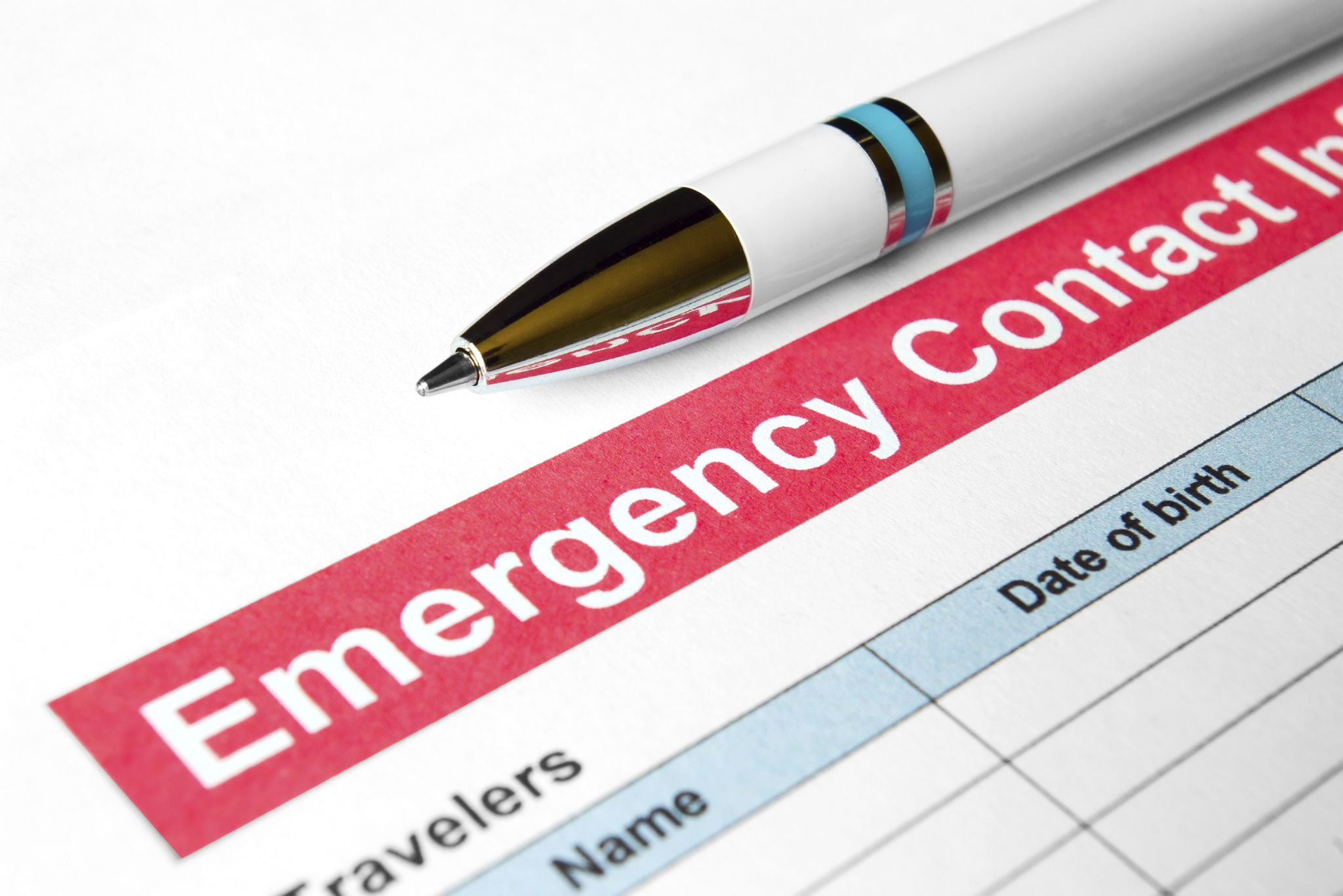Expert Tips for Managing Home Care for the Elderly During Hot Summer Months
Understanding the Risks of Heat for the Elderly
As temperatures rise during the summer months, it's crucial to understand the unique challenges that heat poses to the elderly. Older adults are more susceptible to heat-related illnesses, such as heat exhaustion and heat stroke. This increased vulnerability is often due to a combination of factors, including chronic health conditions and medications that affect the body's ability to regulate temperature.

Keeping Hydration a Priority
One of the most important aspects of managing home care during hot weather is ensuring that elderly individuals stay well-hydrated. Dehydration can occur quickly in high temperatures, exacerbating existing health issues. Encourage seniors to drink water regularly, even if they don't feel thirsty. Incorporating hydrating foods like watermelon, cucumbers, and oranges can also be beneficial.
Creating a Cool Environment
Maintaining a cool indoor environment is essential for preventing heat-related health problems. Make use of fans and air conditioning to keep living spaces comfortable. If air conditioning is not available, consider spending time in public buildings like libraries or shopping centers during peak heat hours. Additionally, closing blinds or curtains during the hottest part of the day can help keep indoor temperatures down.

Dressing for the Weather
Clothing choice plays a significant role in staying cool during the summer. Encourage wearing light, loose-fitting clothing made from breathable fabrics like cotton. Light colors are preferable as they reflect, rather than absorb, sunlight. Hats and sunglasses can also help protect against sun exposure when going outdoors.
Monitoring Health and Well-being
Regular monitoring of health is crucial during these hot months. Pay attention to signs of heat exhaustion, which include heavy sweating, weakness, cold or clammy skin, fainting, or nausea. If any of these symptoms appear, it’s important to move to a cooler area, hydrate, and seek medical attention if necessary.

Planning Outdoor Activities Wisely
While outdoor activities are beneficial for physical and mental well-being, it's important to plan them wisely. Opt for early morning or late evening outings when temperatures are generally cooler. Remember to apply sunscreen with an SPF of at least 30 to protect the skin from harmful UV rays.
Ensuring Nutritional Needs are Met
Nutrition is another critical aspect of managing care during the summer. Some seniors may experience a reduced appetite due to the heat. Ensure they consume small, nutritious meals that are easy to digest. Focus on foods that provide energy and hydration without being too heavy or greasy.
Developing an Emergency Plan
Finally, it's wise to have an emergency plan in place in case of extreme heat events. Ensure that elderly individuals know who to contact if they feel unwell and have easy access to medical information and emergency contacts. Regular check-ins can provide additional safety and peace of mind.
